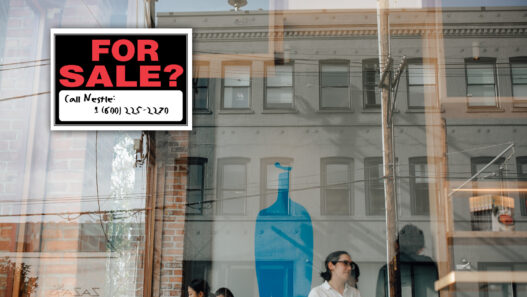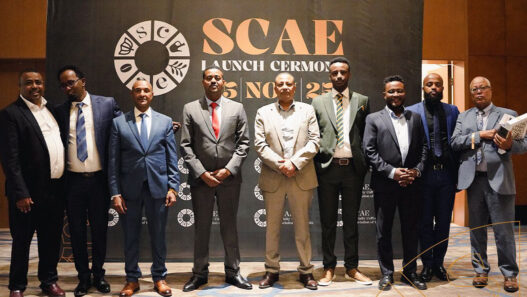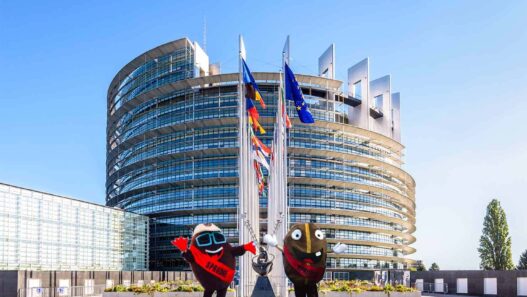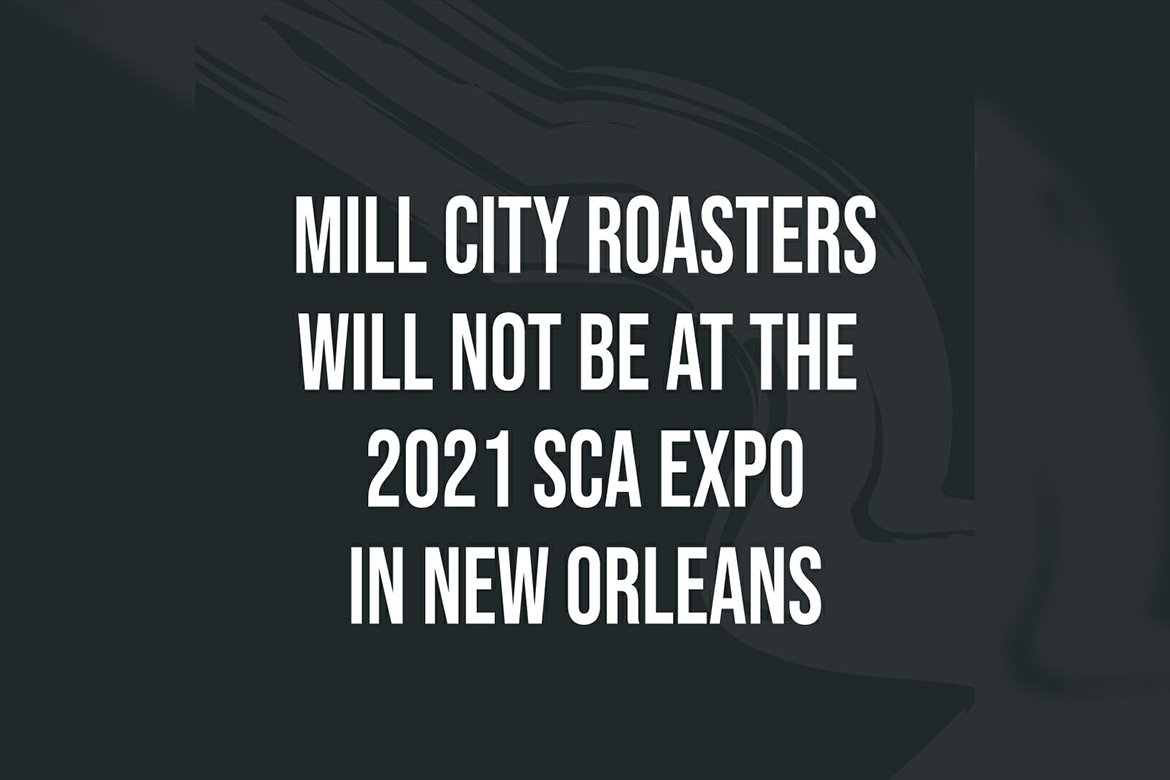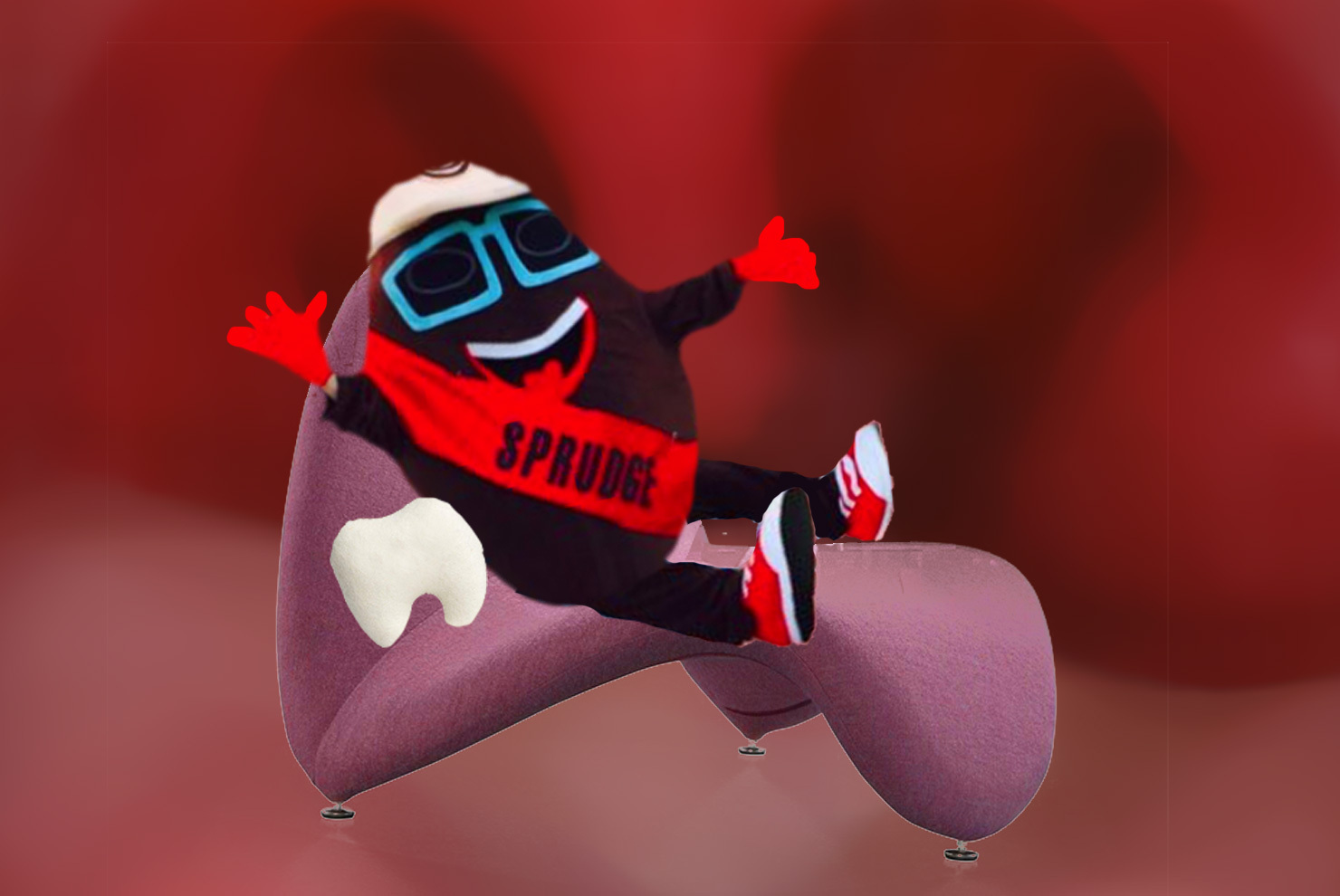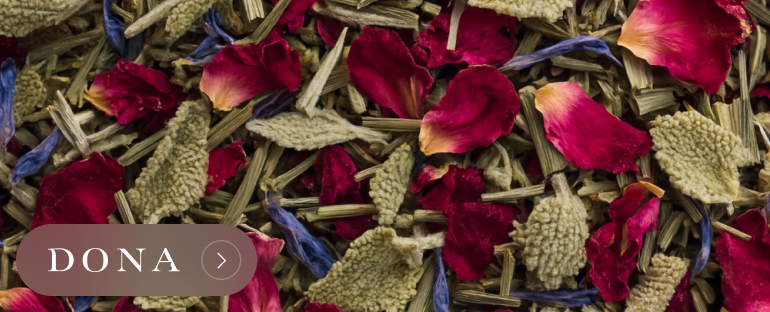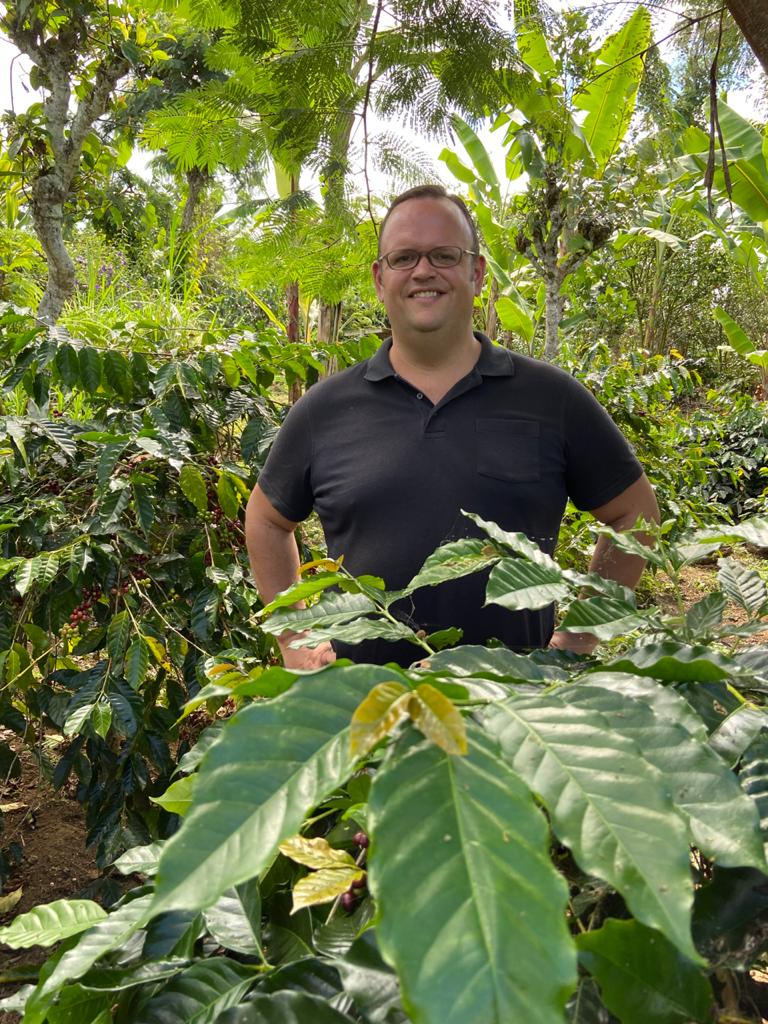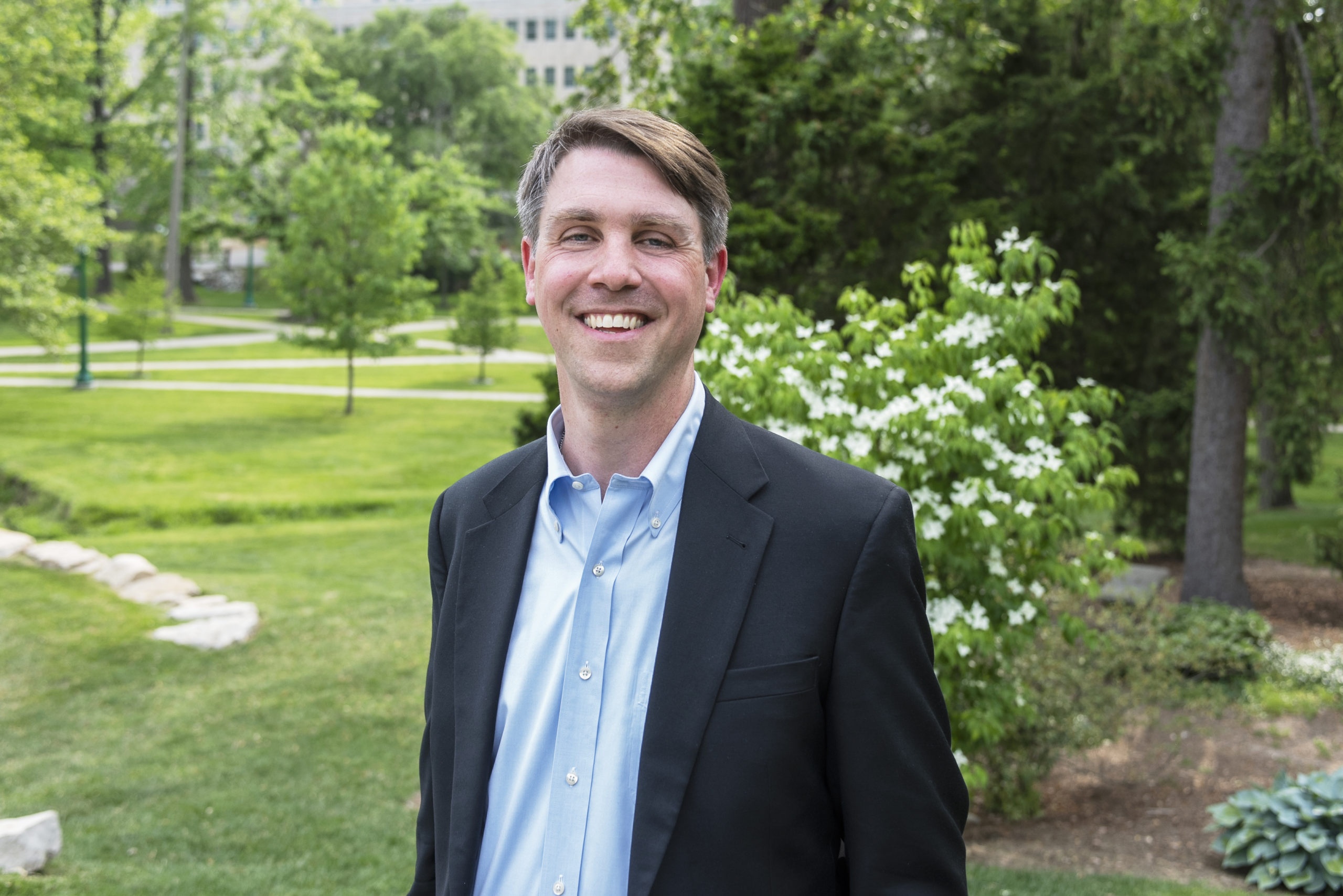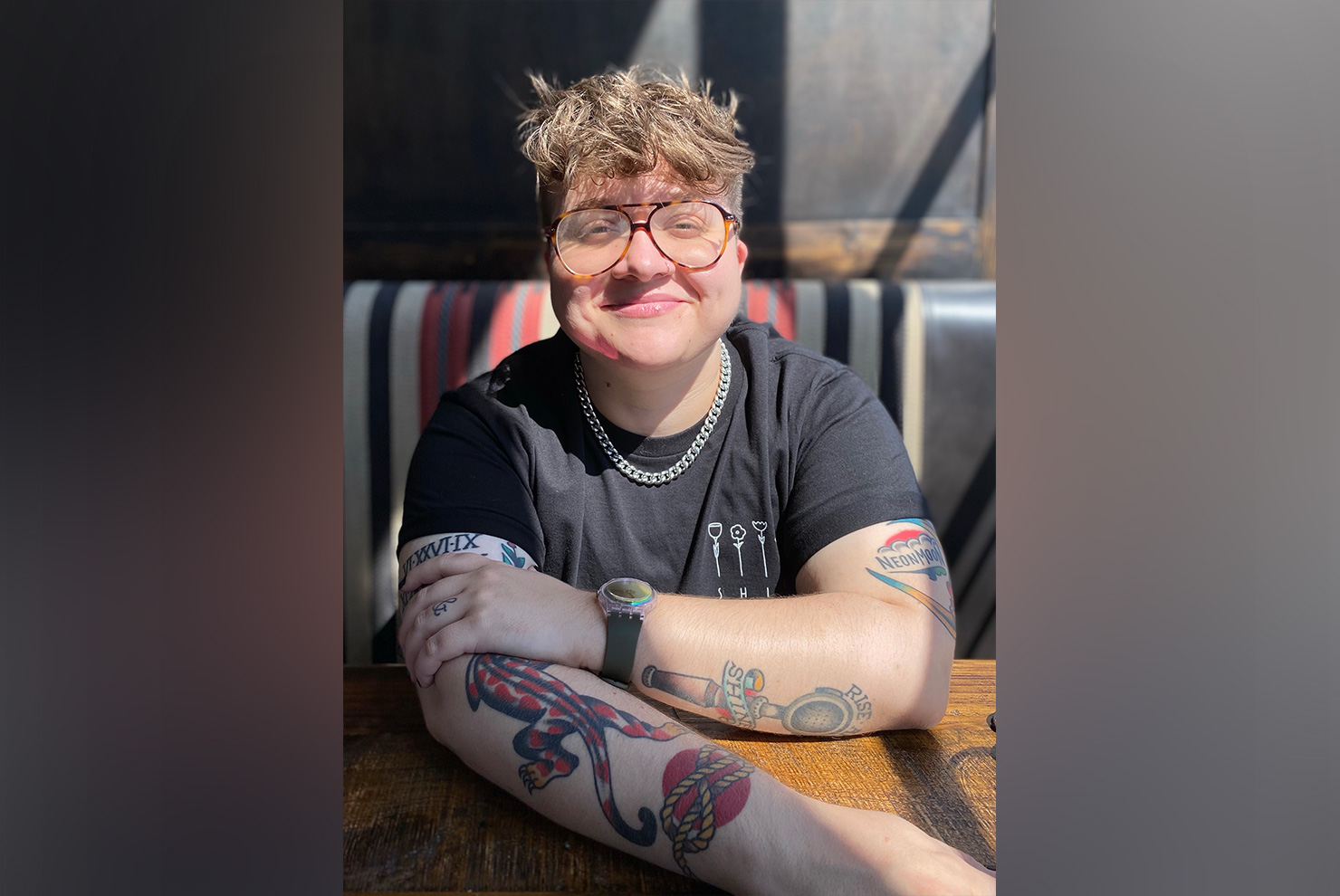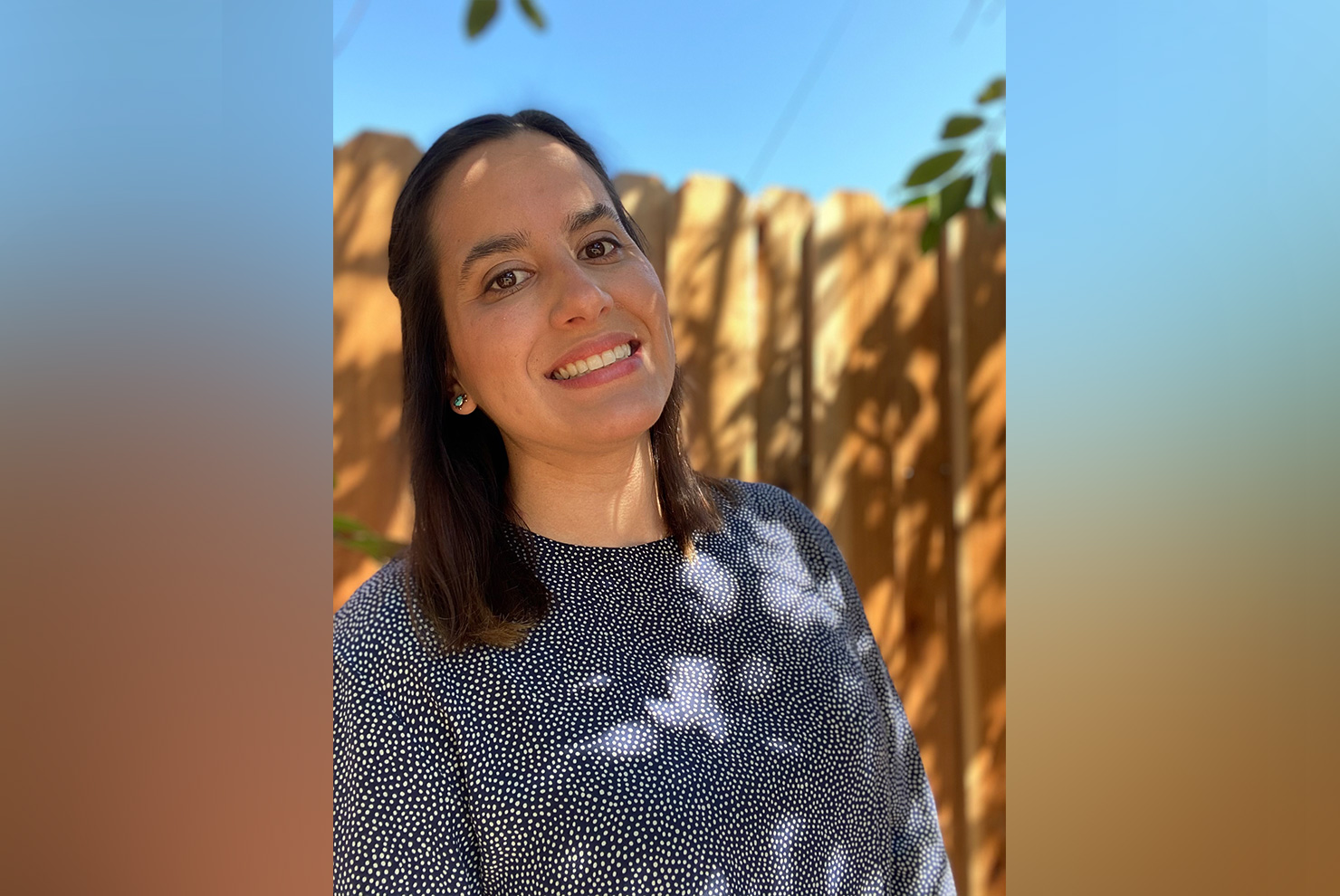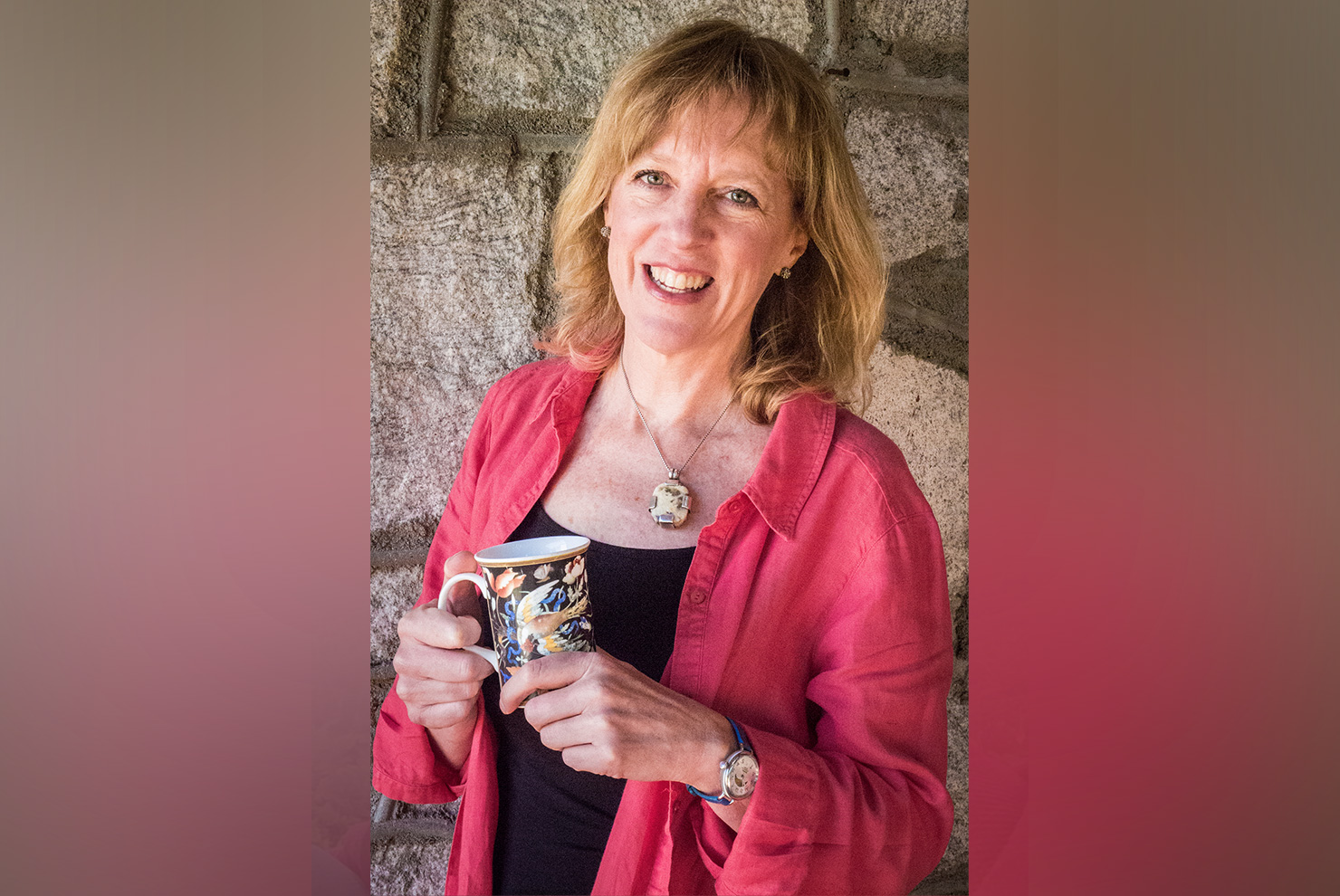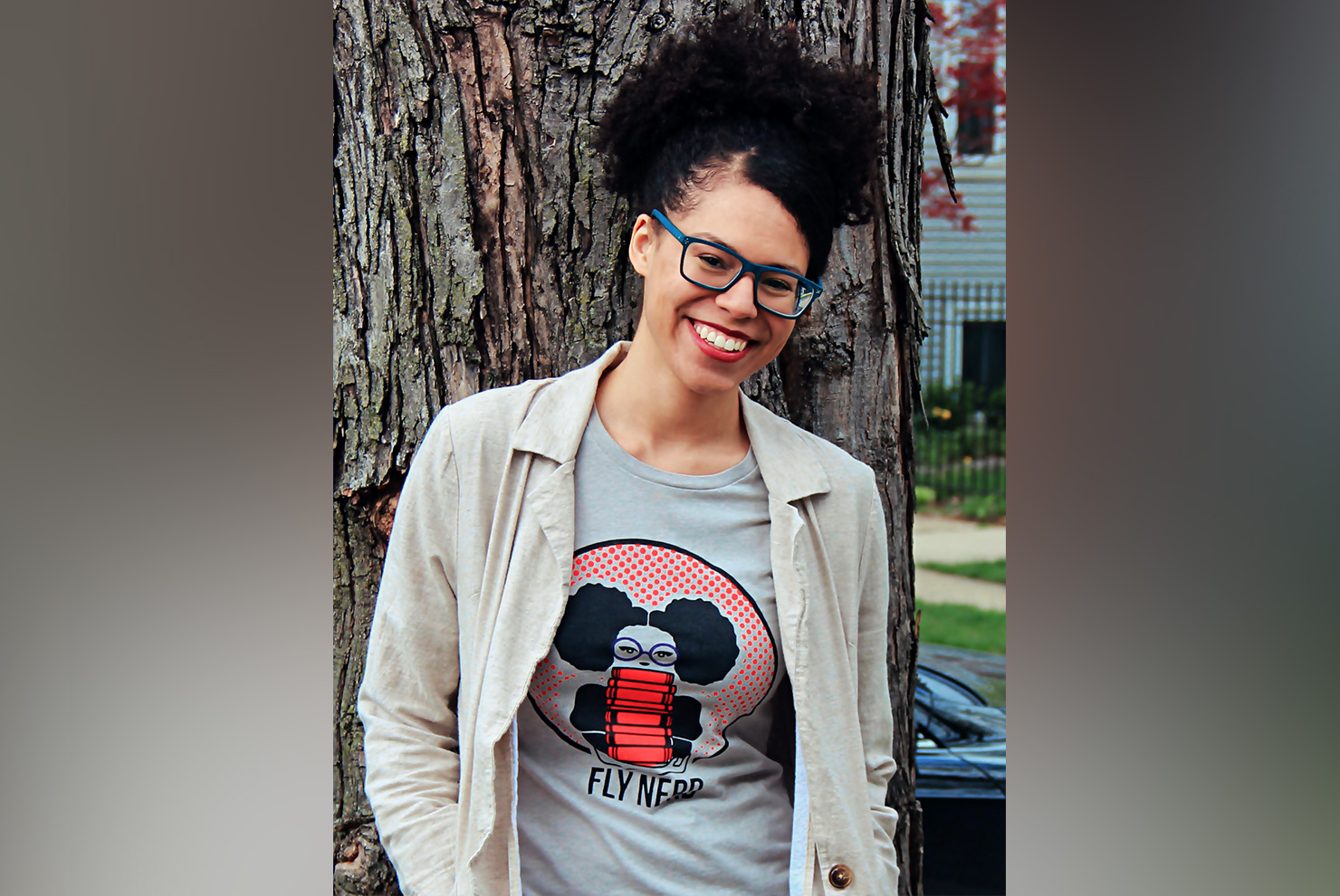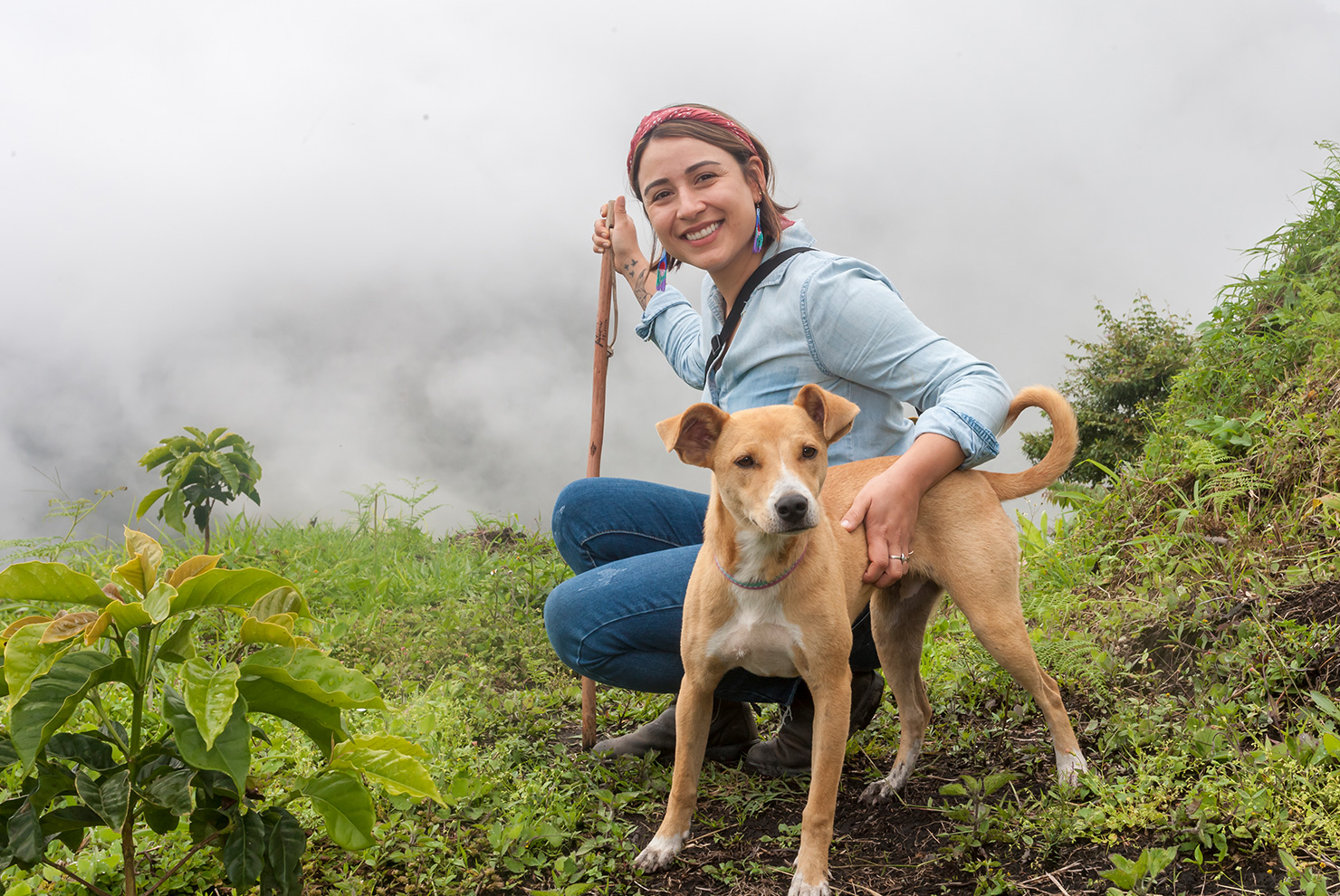
Welcome to The Sprudge Twenty Interviews presented by Pacific Barista Series. For a complete list of 2021 Sprudge Twenty honorees please visit sprudge.com/twenty.
As this year’s Sprudge Twenty interview series continues, we sit down with Lucia Solis for a candid original essay about her journey in coffee. It’s been a pleasure bringing these interviews to you over the last few months—stay tuned for a special best-of feature in the coming weeks as we conclude the series, but for now, please enjoy this remarkable essay.
I nominate Lucia because she has really given many people some insight into what goes into making coffee. She has a podcast, free for everyone to listen to. She gives an insight into how the market sees coffee and gives a perspective of how the coffee farmers take it. She gives real reasoning when myths are busted out. Lucia shares her experiences on the field, being someone who has the goal of helping coffee producers and farmers be resourceful with what they have while improving practices on coffee fermentation. While she does really great on her job, I think she is deserving of this because she cares so much about the source of this chain, and she’s helping regular consumers like me, understand why our farmers and producers must be given credit and thought of when we speak and educate other people about coffee. I hope more people will learn about Lucia.
– Nominated by Danni Santiago
Statement from Lucia Solis
I’m Lucia, a former winemaker turned coffee processing specialist. I teach principles of microbiology to encourage coffee farmers and producers to adopt a fermentation practice.
I was born in Guatemala and moved to California at a young age. I studied Viticulture and Enology at UC Davis and trained as a winemaker in the Napa Valley, working my first vintage in 2007.
After an opportunity with a yeast company in 2014 I was introduced to the coffee industry. I decided to leave the wine and switch over to the coffee industry where I saw a lack of female representation. All along the value stream from barista champions to roasters to farm owners, most of the conversations are led by men. Men are the most visible, but the picture of coffee is incomplete without the women who pick and process the coffee. In many countries the women tend the farms and harvest the cherries and they are underrepresented as business owners even though they are part of the foundation.
In 2014 I began traveling to Central and South America working directly with coffee producers on their farms. It was this work that showed me the giant gap in information between coffee producers and coffee buyers. The information gap creates a giant power imbalance that I find very uncomfortable.
I use my work to shine a light on this power imbalance through my consulting visits and for the last two years through a podcast called Making Coffee with Lucia Solis. In this work I try to shift the spotlight that focuses so brightly on roasting for providing quality and to share the light with processing and the origin of coffee.
Roasted coffee is colloquially referred to as a “bean”, but it is not a bean—it’s the seed of a fruit. The coffee fruit looks very similar to a cherry, and is often called a cherry or grape (it is called “uva” in many Spanish countries).
To extract the seed for roasting, one traditional method used around the world is to remove the skin mechanically and allow a spontaneous fermentation to remove the sticky fruit pulp (called mucilage). The microbes found in the environment metabolize the pulp, which allows the seed to dry and make it ready for export and roasting. This process can happen without the intervention of the coffee producer but a wild and spontaneous fermentation is inconsistent and can often lead to defects. Due to the increased risk of defects, many producers have opted out of fermentation altogether. When the fermentation step disappeared, so did the complexity of coffee—but it is also for this reason that some producers are interested in bringing it back to differentiate their coffee with intention.
One thing that makes coffee unique when compared to wine is that coffee’s complexity has not always been prized; it is not something that has been lost and is being rediscovered. It is something that is happening for the first time. Coffee is not native to many parts of the world where it grows; it was brought over and set up as a colonial crop and treated as a commodity for the last 200 years. So, it is only recently that producers have been able to escape this model and differentiate their product and get paid according to quality, not just volume.
My background in microbiology allows me to provide insights into fermenting with control and intention. For the last six years I have been based in the United States and would spend more than half the year traveling to consult at different beneficios (coffee wet mills). After 2020 kept me grounded for almost a year I realized I needed to update my business model. I am now living full time on a coffee farm in Colombia. The farm is called Montes Tatama in the Risaralda department. Colombia provides the unique opportunity to process coffee year round and keeps me busy doing my favorite thing: fermenting.
If you would like to try the coffee fermented with intention, reach out @montes.tatama on Instagram.
Welcome to The Sprudge Twenty Interviews presented by Pacific Barista Series. For a complete list of 2021 Sprudge Twenty honorees please visit sprudge.com/twenty.




